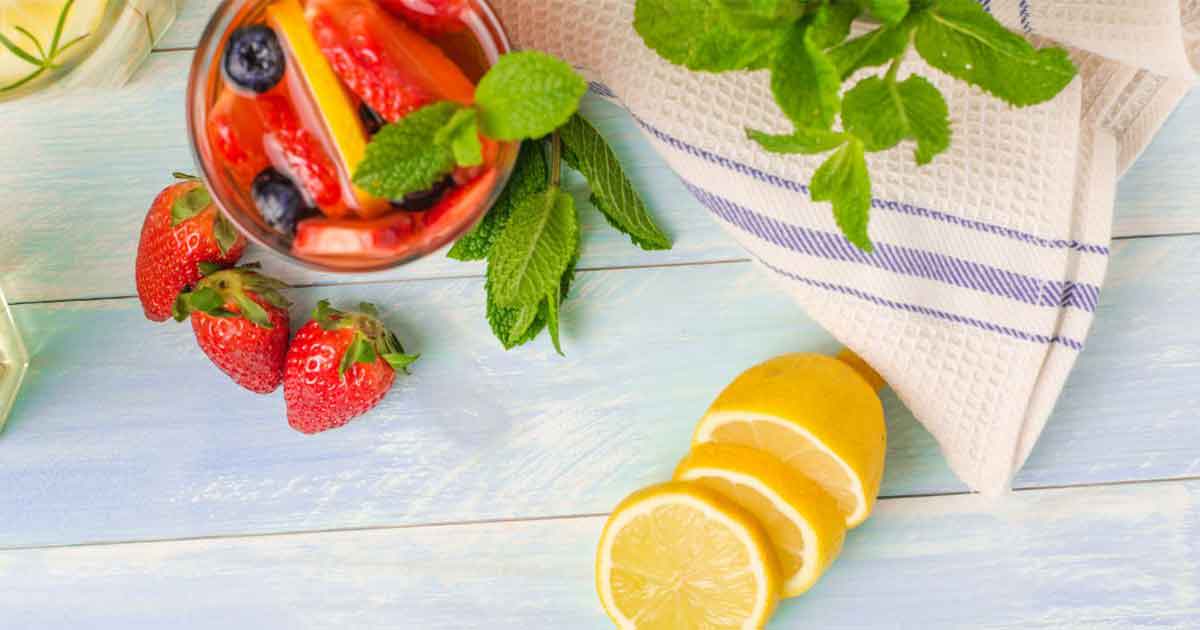True Cellular Formulas Team - January 02, 2025
Non-Toxic Finds at Costco
Smart Pantry Staples for Cellular Health

Choosing cleaner, less toxic foods isn’t just about avoiding harmful chemicals—it’s about nourishing your body and supporting optimal cellular function. Costco, known for its bulk options, also offers a selection of items that align with a health-focused lifestyle. Here are three standout picks to add to your cart that provide quality, simplicity, and support for overall wellness.
1. Coconut Water: Hydration the Clean Way
Coconut water is an excellent source of natural hydration and is rich in electrolytes like potassium and magnesium, vital for cellular function and energy production.[1] When shopping at Costco, look for 100% pure coconut water, ideally sourced from the Philippines. This region is known for producing coconuts that thrive in their native environment, producing a higher-quality product.
Be sure to read the label carefully. Opt for brands with no added sugars, preservatives, or artificial flavors. While many cartons are plastic-lined, making them less than ideal from a non-toxic perspective, choosing pure, additive-free coconut water is still a step toward supporting your body’s hydration needs without the burden of unnecessary chemicals.[2]
2. Organic Maple Syrup: A Natural Sweetener
Maple syrup isn’t just a delicious topping but a natural source of trace minerals like manganese and zinc, which play essential roles in cellular repair and immune support. Costco’s Kirkland organic maple syrup and Crown Maple Syrup are excellent choices, as they’re made with one simple ingredient: pure organic maple syrup.[2]
These syrups are sourced from Canada, known for their high standards in maple syrup production. Choose varieties packaged in glass bottles to avoid potential chemical leaching from plastic containers if possible. Whether you’re using maple syrup in recipes or as a sweetener for beverages, it’s a clean alternative to processed sugars that support your body’s natural processes.[2]
3. Apple Cider Vinegar: A Fermented Powerhouse
Apple cider vinegar (ACV) is a nutritional powerhouse that supports digestion, gut health, and blood sugar balance. The best ACV options are raw, organic, and unfiltered, containing “the mother,” a probiotic-rich byproduct of fermentation. At Costco, look for brands like Bragg’s or Costco’s in-house organic ACV, both of which meet these criteria.
The probiotics and enzymes in raw ACV help promote a balanced microbiome, foundational to cellular health. Incorporate it into salad dressings, marinades, or diluted as a daily tonic to reap its full benefits. Choosing high-quality ACV ensures you’re getting the most from this versatile staple.[3]
Supporting Cellular Wellness Through Non-Toxic Choices
Your daily choices influence the health of your cells, the building blocks of your body. Reducing exposure to toxins while prioritizing nutrient-dense, minimally processed foods helps optimize your body’s ability to detoxify and repair. These three Costco finds—coconut water, organic maple syrup, and raw apple cider vinegar—are excellent examples of how small changes can significantly impact your cellular health.
Next time you shop, focus on clean, simple, and high-quality options that empower your body to function at its best.
- Yong, Jean W. H., et al. “The Chemical Composition and Biological Properties of Coconut (Cocos Nucifera L.) Water.” Molecules, vol. 14, no. 12, Dec. 2009, pp. 5144–64.
- Saraiva, Ariana, et al. “Natural Sweeteners: The Relevance of Food Naturalness for Consumers, Food Security Aspects, Sustainability and Health Impacts.” International Journal of Environmental Research and Public Health, vol. 17, no. 17, Sept. 2020, p. 6285.
- Saraiva, Ariana, et al. “Maple Syrup: Chemical Analysis and Nutritional Profile, Health Impacts, Safety and Quality Control, and Food Industry Applications.” International Journal of Environmental Research and Public Health, vol. 19, no. 20, Oct. 2022, p. 13684.



